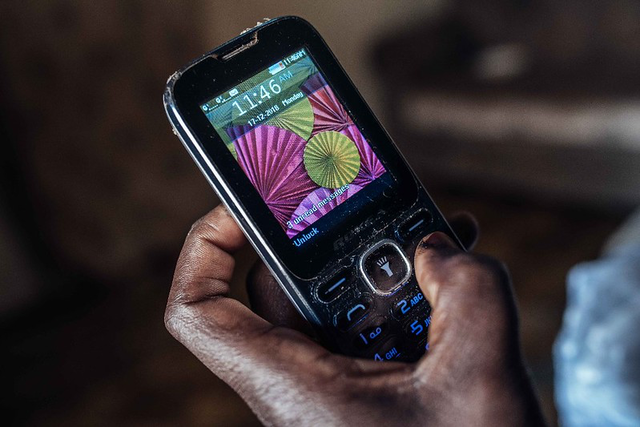How can mobile phones help poor people?
Mobile phones can be used in ICT4D (Information and Communication Technologies for Development) to help poor people.
Mobile phones can be a powerful tool for promoting development and improving the lives of people in developing countries, by providing access to information, opportunities, and services. For example:
- Healthcare: Mobile phones can be used to access health information and services, including telemedicine and other remote healthcare services. This can help to improve access to healthcare, especially for people in remote or underserved areas.
- Education: Mobile phones can be used to access educational resources, including online courses, educational videos, and other materials. This can help to improve the quality of education and expand opportunities for learning.
- Employment: Mobile phones can be used to find and apply for jobs, as well as connect with potential employers and clients. They can also be used to start and run businesses, providing a source of income and economic opportunities.
- Communication: Mobile phones can be used to stay connected with friends and family, and to access news and information from around the world. They can also facilitate the exchange of ideas and facilitate collaboration with others.
- Political participation: Mobile phones can provide a platform for people to engage in political discourse and participate in the democratic process, helping to promote transparency and accountability in governance.
8 Technology Lessons Learned from Hurricane Sandy
Interested in joining the conversation? Sign up to get invited to our next event.
The aftermath Hurricane Sandy saw massive response efforts including an unprecedented...
Mobile Phones, Like All Technologies, Are Gender Neutral
At the first Technology Salon in London, we had a very thoughtful discussion on the implications of gender in using mobile technologies to stimulate social and...
How Gender Influences Mobile Technologies for Development
The very first Technology Salon to take place in London occurred just three days after the International Telecommunications Union (ITU) announced that...
Join the Mobiles for Youth Workforce Development Twitter Chat on Scale – Today!
The Mobiles for Youth Workforce Development (mYWD) Working Group, an initiative of the mEducation Alliance in partnership with The MasterCard Foundation and USAID,...
3 Key Factors for Your Next Mobile App to Scale Like M-PESA
I am Josephine Mutugu and at the Nairobi Technology Salon on What is the Next Mobile Development App that Will Scale? we launched into the discussion with a brief...
London Technology Salon: How Can We Empower Women and Girls with Mobiles?
We would be delighted to invite you to RSVP to join a select cohort of thought leaders and decision makers for the first Technology Salon in London, where Henriette...
What are the Top 10 Technology Challenges in International Development?
Mobile device technology is changing the social and economic landscape across the developing world. Mobile phones are powering revolutions in banking, in education,...
5 Reasons to Use Open SIM Kit to Modify Mobile Phone SIM Cards
Any ICT4D projects that run on mobile phones, like digital health and mEducation initiatives, rely upon the benevolence of mobile network operators for their existence....
Can ICT4D Keep Up With The Speed Of Technology Change?
What do the Consumer Electronics Show and the Hong Kong Electronics Fair have to do with ICT for Development?
The International Consumer Electronics Show (CES)...
4 Mobile Money Powered Affordable Solar Electricity Solutions
Do you see that trend line in the chart above? Do you know what that means? Solar power is getting cheaper by the day, thanks to technological innovation and...









